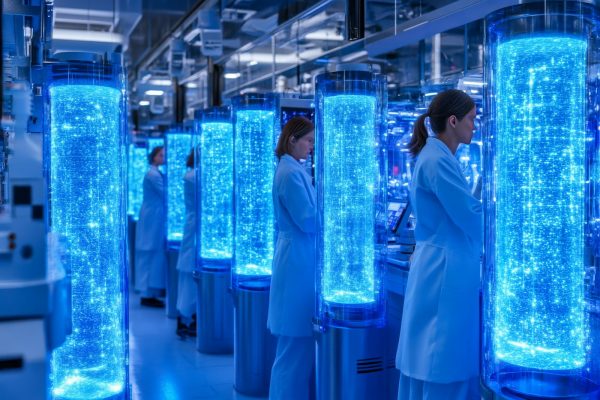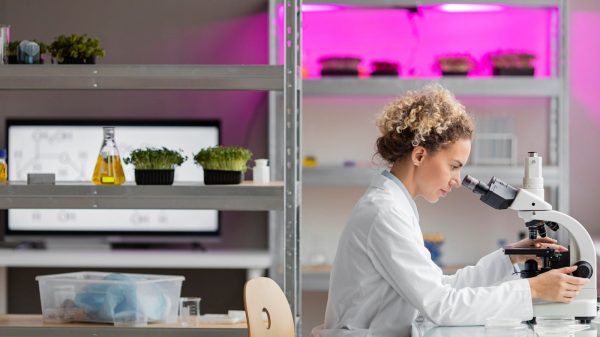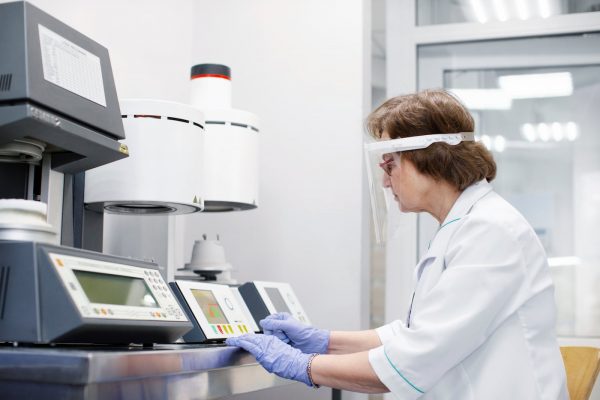As the pharmaceutical industry grows, so does its environmental footprint. From energy-intensive production processes to chemical waste disposal, pharmaceutical manufacturing can have significant ecological consequences. However, companies are increasingly adopting sustainable practices to reduce their environmental impact while maintaining high-quality drug production.
1.Challenges of Sustainability in Pharmaceutical Manufacturing
Pharmaceutical production involves complex chemical processes that generate waste and consume large amounts of energy. Some key challenges include:
- Water consumption – Manufacturing drugs requires large volumes of water for cleaning, cooling, and formulation.
- Chemical waste – Some pharmaceutical byproducts can be hazardous to the environment if not disposed of properly.
- Carbon footprint – Energy-intensive processes contribute to greenhouse gas emissions.
- Supply chain inefficiencies – Transportation of raw materials and finished products adds to environmental impact.
2.Green Chemistry: Reducing Harmful Waste
Green chemistry focuses on designing production methods that minimize waste and toxic byproducts. Some strategies include:
- Using safer solvents and biodegradable materials in drug formulation.
- Optimizing chemical reactions to reduce hazardous byproducts.
- Developing enzymatic or biological processes that require fewer synthetic chemicals.
3.Energy Efficiency and Renewable Resources
Pharmaceutical companies are exploring ways to lower energy consumption by:
- Implementing energy-efficient manufacturing processes such as continuous manufacturing instead of traditional batch processing.
- Utilizing renewable energy sources like solar and wind power to reduce reliance on fossil fuels.
- Optimizing facility designs to improve insulation, reduce water usage, and lower overall energy consumption.
4.Sustainable Packaging Solutions
The pharmaceutical industry is moving toward eco-friendly packaging by:
- Reducing plastic usage and using biodegradable alternatives.
- Implementing recyclable and reusable materials in pill bottles and blister packs.
- Developing smart packaging that enhances medication tracking while minimizing waste.
5.Responsible Waste Management and Recycling
Proper waste management is crucial for minimizing pharmaceutical pollution. Companies are investing in:
- Advanced water purification systems to remove drug residues before wastewater is released.
- Take-back programs that allow patients to return unused medications for safe disposal.
- Recycling initiatives for pharmaceutical packaging materials.
The Future of Sustainable Pharma Manufacturing
Sustainability is no longer an option but a necessity in pharmaceutical manufacturing. Companies like Proton Pharma are embracing eco-friendly innovations, from green chemistry to energy-efficient production, to minimize their environmental footprint. As regulations and consumer demand push for greener practices, the pharmaceutical industry will continue evolving toward a more sustainable future.




